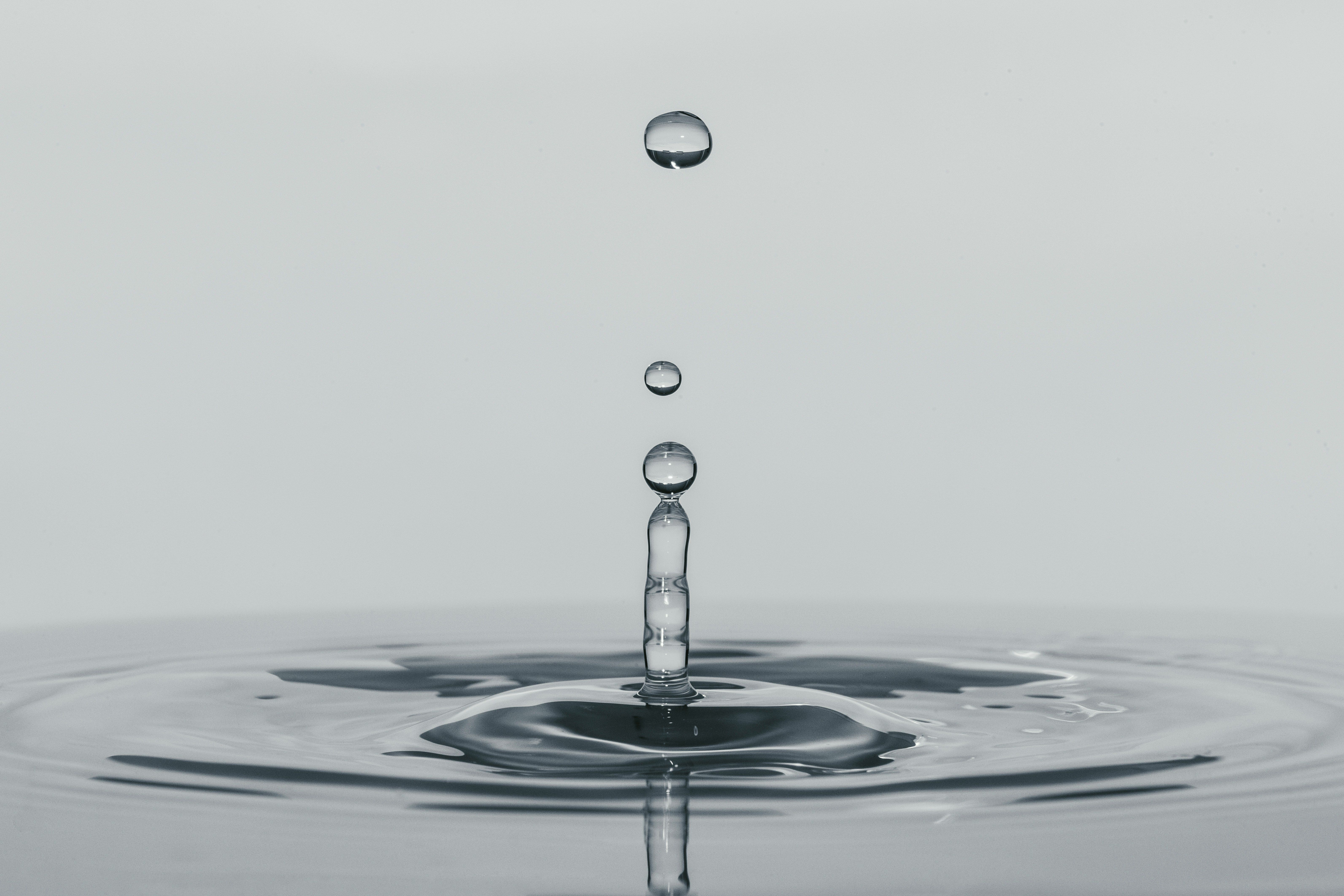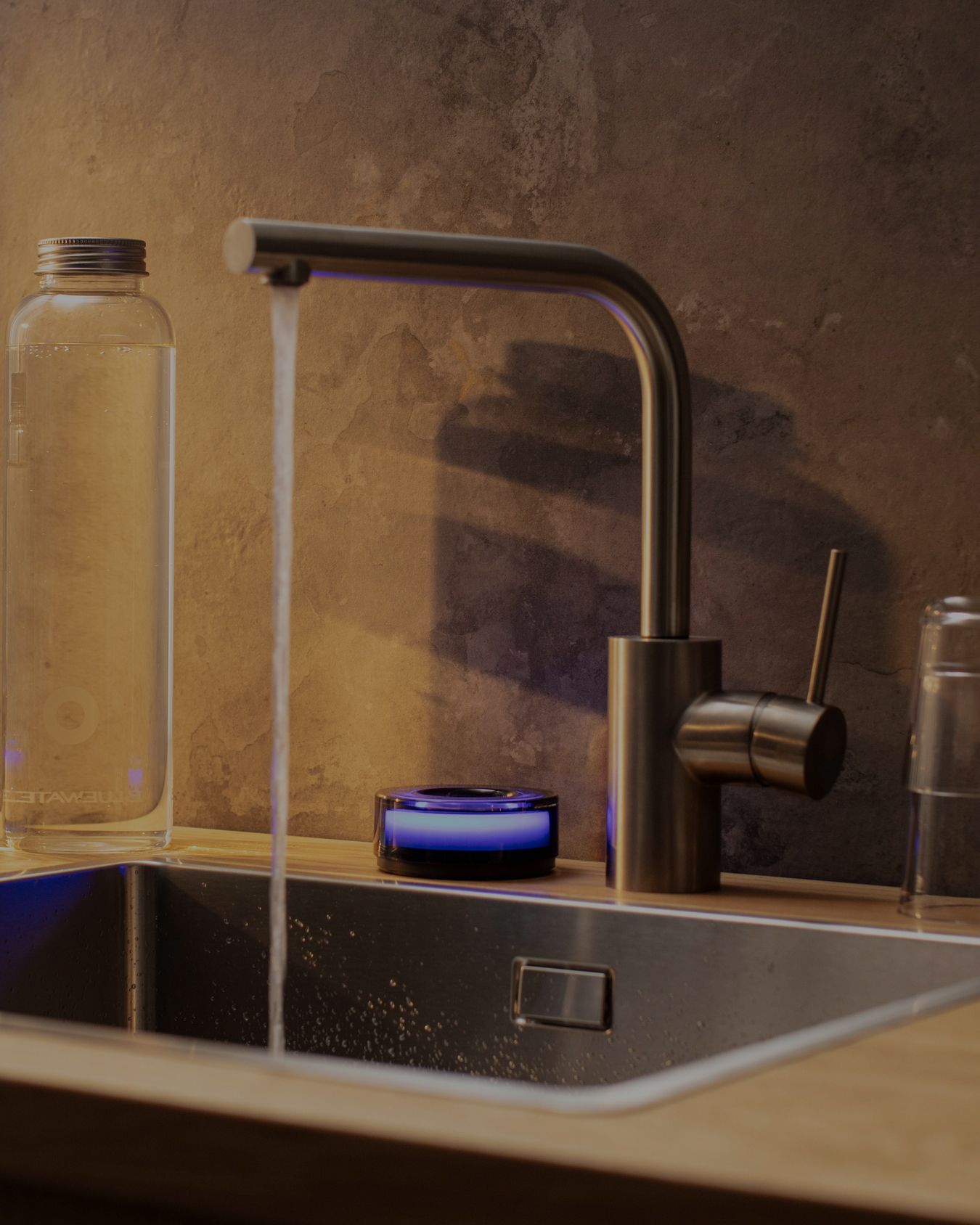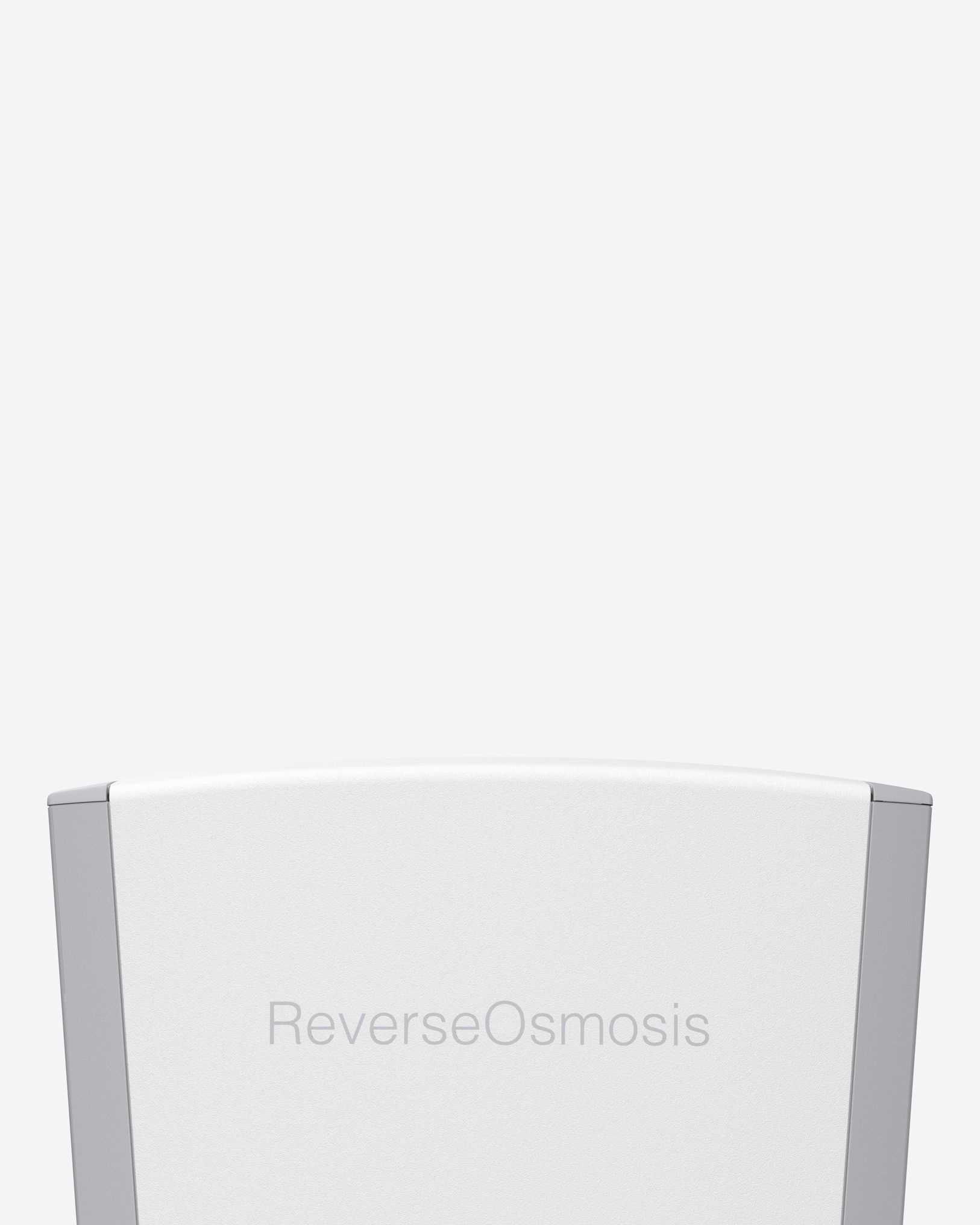The Disadvantages of Boiling Water for Purification
Boiling water is a common and straightforward method for purifying water. It effectively kills bacteria, viruses, and other pathogens, making it safe to drink. However, this method has several significant disadvantages compared to more advanced purification systems like reverse osmosis.

1. Ineffective Against Chemical Contaminants
Boiling water does not remove chemical pollutants such as lead, arsenic, or fluoride. These contaminants can pose serious health risks, and since boiling only kills biological contaminants, it is not sufficient for water that contains chemicals or heavy metals. (Home) (Energy.gov)
2. Energy and Time Consumption
Boiling water requires a considerable amount of energy, whether from gas, electricity, or another heat source. This makes it less sustainable and cost-effective compared to other methods like reverse osmosis or activated carbon filtration. Additionally, the process is time-consuming, especially if large volumes of water need to be purified. (US EPA)
3. Taste and Quality Issues
The process of boiling water can alter its taste and quality. Boiling can remove dissolved oxygen, making the water taste flat or bland. This is because boiling drives out the dissolved gases, including oxygen, which contributes to the fresh taste of water.
4. Limited Effectiveness at High Altitudes
At higher altitudes, water boils at a lower temperature due to reduced atmospheric pressure. This means that boiling might not be sufficient to kill all pathogens unless the boiling time is extended significantly. This factor makes boiling less reliable in high-altitude areas. (CDC)
5. Loss of Water Volume
Boiling water causes some of it to evaporate, which can reduce the overall volume of available drinking water. This can be particularly problematic in situations where water supply is limited.
While boiling water is an effective emergency measure for killing bacteria and viruses, it has significant limitations. It does not remove chemical contaminants, requires substantial energy and time, and can affect the taste and quality of water. For more comprehensive purification, methods like reverse osmosis, activated carbon filtration, and UV purification are recommended.
Solution: Bluewater Purifiers
For those seeking a more efficient and reliable solution, Bluewater purifiers utilizing SuperiorOsmosis™ technology offer advanced water purification. These systems remove up to 99.7% of contaminants, including both biological and chemical pollutants, ensuring safe and great-tasting water. They are energy-efficient, cost-effective, and provide high-quality water on demand, making them an excellent choice for home and emergency use.
By choosing Bluewater purifiers, you ensure access to clean, safe water without the drawbacks associated with boiling.
For more information about Bluewater Products, visit our website or contact us at sales@bluewatergroup.com.


